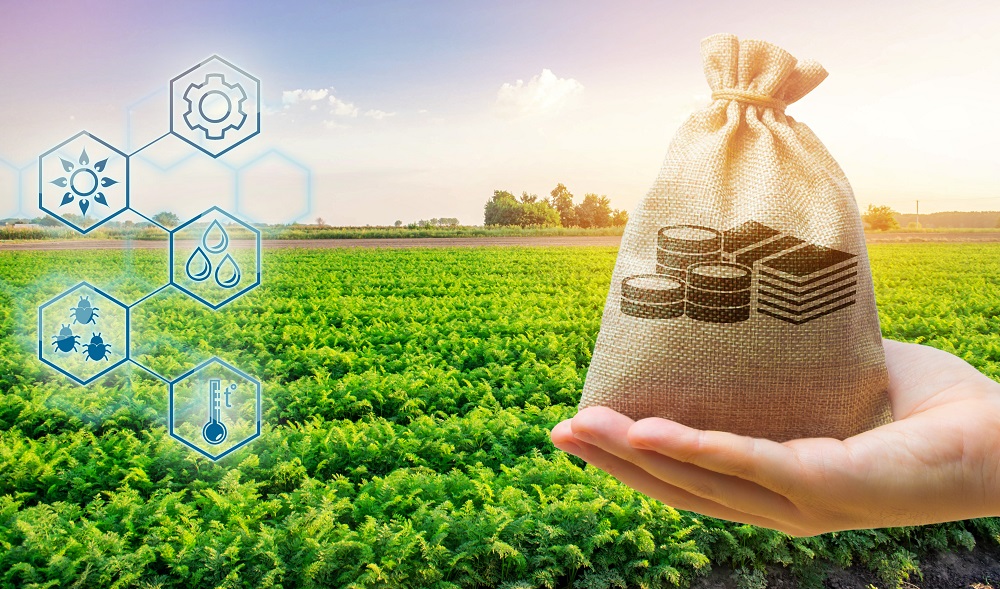SBP Pushes Banks to Deepen Agri-Finance
KARACHI: The Governor of the State Bank of Pakistan (SBP), Jameel Ahmad, has called on banks to expand the agricultural borrower base, strengthen inclusion of small farmers, and accelerate digital delivery channels to support sustainable growth in the farming sector.
Speaking at a meeting of the Agricultural Credit Advisory Committee (ACAC) in Karachi on Thursday, the governor emphasised that agriculture remains vital for improving farm productivity, supporting rural livelihoods, and ensuring food security. He stressed the need to enhance agricultural financial intermediation to promote value addition, market linkages, and long-term sectoral growth.
During FY2024-25, agricultural credit disbursement reached a record Rs2,577 billion, reflecting a 16% annual increase. Building on this momentum, disbursements in the first half (July-December) of FY2026 amounted to Rs1,412 billion, while the number of borrowers rose to 2.97 million.
Highlighting macroeconomic improvements, Ahmad noted that Pakistan’s real GDP grew by 3.7% in the first quarter of FY2026, with full-year growth projected between 3.75% and 4.75%. Headline inflation moderated to 5.8% by January 2026, allowing monetary policy to support growth while maintaining price stability.
The governor urged banks to leverage initiatives such as the Risk Coverage Scheme for Small Farmers and Underserved Areas and Zarkheze, the SBP’s flagship digital agricultural lending platform. Zarkheze enables digital onboarding, standardised credit assessment, land record integration, and end-to-end loan traceability.
The committee also reviewed progress on upgrading crop loan insurance under the ADB-supported Pakistan Insurance Transformation Programme and discussed scaling up Electronic Warehouse Receipt Financing to enhance post-harvest liquidity.
Ahmad outlined three priorities for banks: expanding borrower outreach, deepening inclusion of small farmers, and extending agricultural finance to underserved regions.
For more news on the economy, real estate, and development, visit Chakor Ventures.










